Lifestyle Medicine
Lifestyle medicine is an evidence-based approach to preventing, treating, and reversing diseases by replacing unhealthy behaviors with positive ones. It focuses on six key areas: healthy eating, physical activity, stress management, avoiding risky substances, adequate sleep, and strong relationships. This approach promotes positive lifestyle choices, educates and supports positive behavior changes, and considers the patient’s home and community environment.
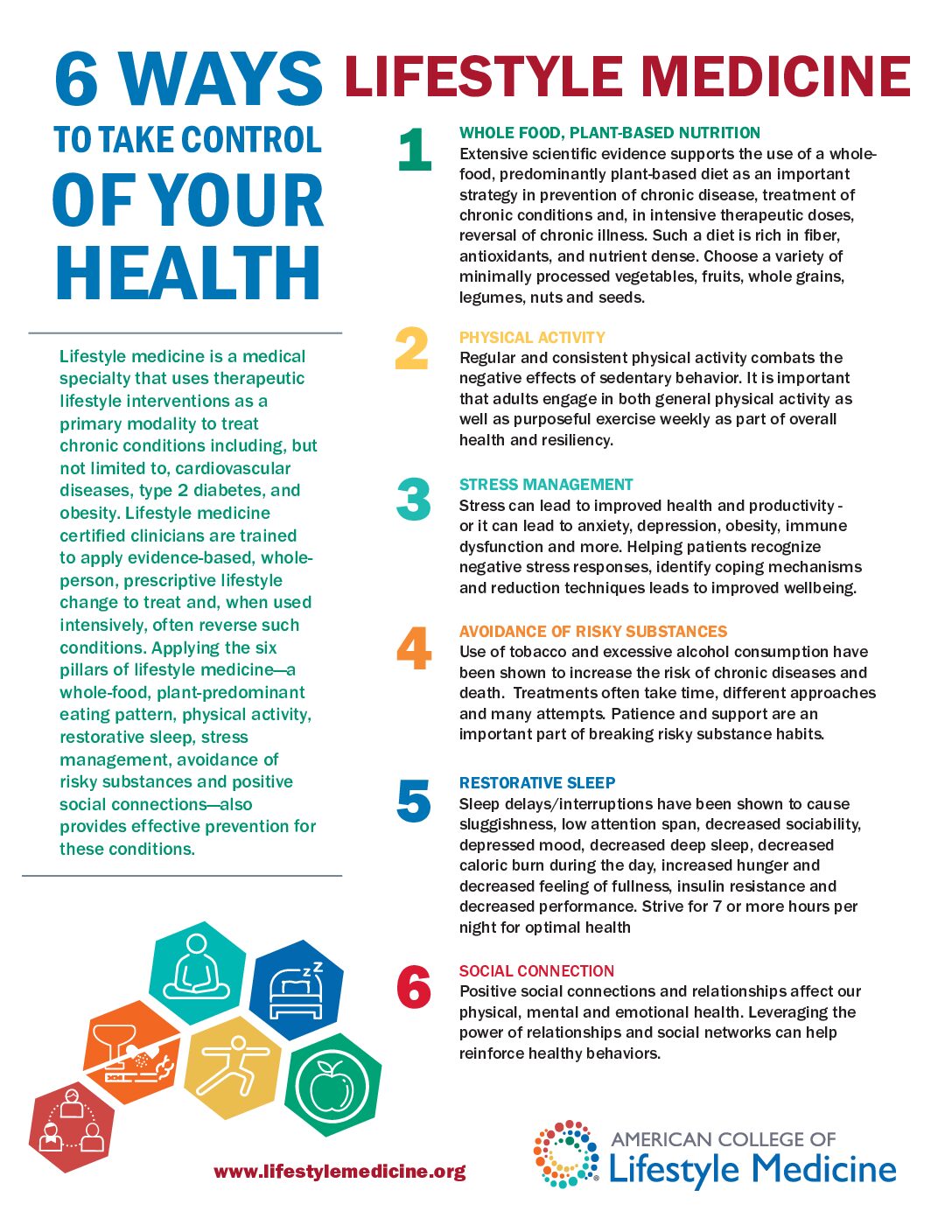
What is Lifestyle Medicine? Click here for more information from the American College of Lifestyle medicine.
Visit the CDC website for more information on Health Topics.
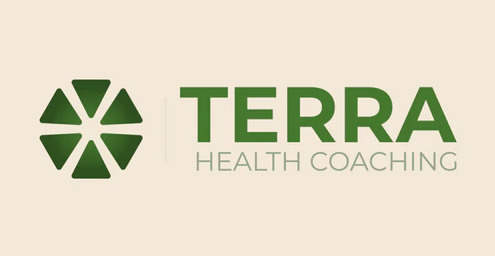
Lifestyle Medicine coaching to help you reach your health goals.
Terra Health Coaching supports patients in their journey to take back control of their health. Their mission is to educate on the six pillars of Lifestyle Medicine, help patients introduce positive changes into their lives, and support patients through ongoing health coaching.
Schedule a free introduction call to learn more about Terra’s services by clicking here.
Nutrition

For optimal health, aim to eat whole plant foods that are minimally processed and in their natural form as often as possible (i.e. banana, carrots, unsalted nuts). Use the lists below for guidance.
Other Resources
Printable PDFs:
- Food As Medicine Jumpstart 25
- ACLM-Grocery-List
- LM Nutrition
- Plant Based Nutrition Quick Start Guide – Tips to Start Eating for Whole Plant Foods
- The Plant Based Diet – A Healthier Way to Eat – Benefits of a Plant Based Diet
- ACLM Dietary Spectrum
- Plant-Based Protein Guide – Terra Health Coaching
- Blood Sugar Regulation Guide – Terra Health Coaching
Websites & Other:
Physical Activity
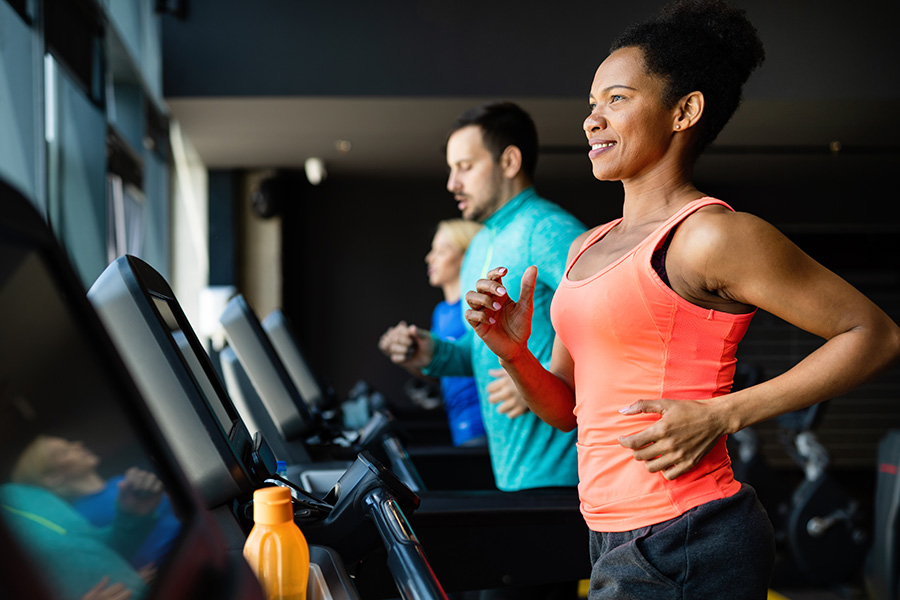
The recommendation for adults 18-64 years old is to do at least 150-300 minutes of moderate intensity or 75-150 minutes of vigorous intensity activity weekly along with two or more days weekly of strength training.
*A limitation of labeling activities this way is that it does not consider the fact that some people have a higher level of fitness than others. It is important to tailor your activity to your own fitness level.
Other Resources
Printable PDFs:
Websites & Other:
- Exercise is Medicine ACSM Resource Library
- Movementors
Risky Substances
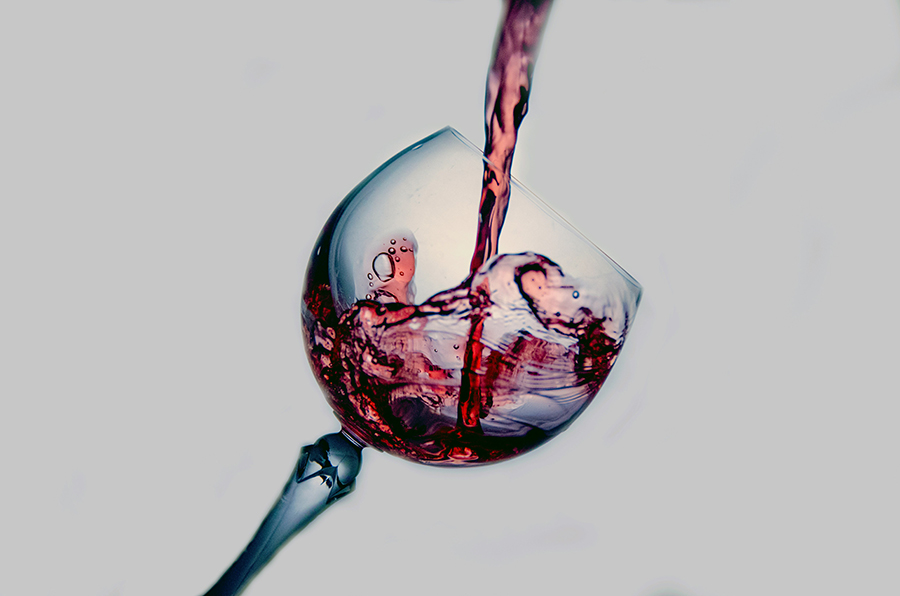
It is well known that tobacco use and drinking too much alcohol increases the risk of many chronic diseases and death. Treatments often take time, different approaches and many attempts. Giving yourself patience as well as getting support from others is an important part of reaching your goals.
Goal Setting
Setting goals around substance use ( tobacco, alcohol, or other drugs) is a great way to start making changes. An example of a goal is, “I will swap my morning cigarette with chewing gum at least 5 days this week for the next four weeks. I will ask my partner to help keep me on track and use a free texting service for more support.”
Specific – What are you going to do to decrease your substance use?
Measurable – How much will you reduce it by?
Attainable – Do you have what it takes to follow through?
Realistic – What can you actually do? (improvement over perfection)
Time-Connected – How frequent? How long will you commit?
Restorative Sleep

Tips for Better Sleep
- Use bed for sleep only
- Establish regular sleep schedule (same sleep and wake times)
- Minimize/eliminate bedroom noise and lights
- Increase daytime exposure to sunlight
- Move at least every hour during the day
- Eliminate nighttime caffeine and limit daytime caffeine
- Avoid alcohol within 3 hours of bedtime
- Avoid high-sodium foods close to bedtime
- Eliminate/limit after-dinner and late-night snacking
- Maintain a healthy BMI
- Stay hydrated during daylight hours
- Use Cognitive behavioral therapy for treatment of insomnia
- Increase exercise to 150 minutes of moderate intensity per week
- Include more whole food plant-based dietary choices
- Use meditation techniques
Stress Management

Stress is unavoidable. How we think about it and how we react to it makes the difference in how it impacts our self-care and our health.
Self-Management Tips
- Connect with others
- Get involved in activities
- Try healthy ways to relax (music, exercise, dance, meditation or yoga)
- Take time for fun creative activities or hobbies
- Keep a gratitude journal or write about stressful events
- Take care of spiritual needs
- Make time to laugh (comedy, joke books etc)
- Avoid caffeine and alcohol
- Try deep breathing techniques
- Get a massage
- Spend time in nature
Other Resources
Printable PDFs:
Mobile Apps & Devices
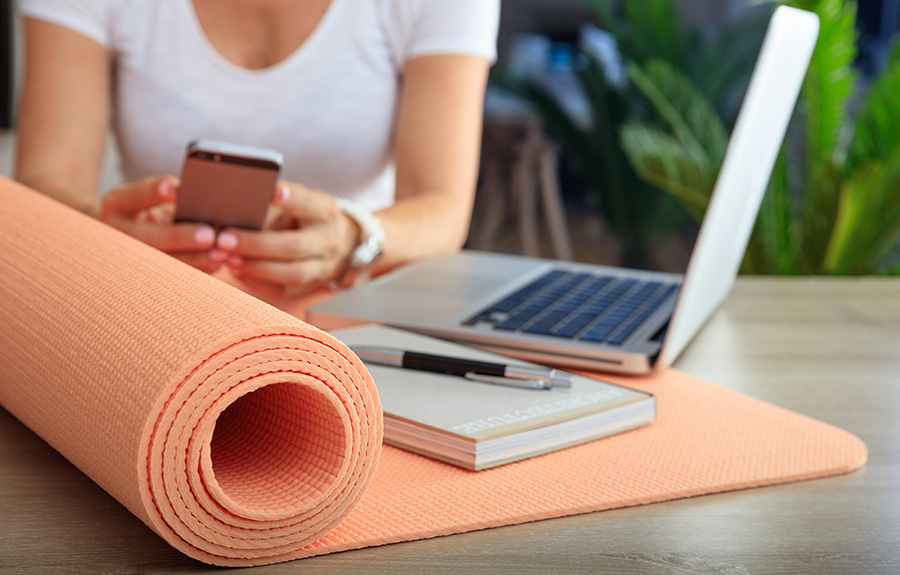
- MyFitnessPal (nutrition)
- Noom
- Calm (mindfulness, meditation, stress, and sleep)
- Headspace (mindfulness, meditation, stress, and sleep)
- Oura Ring, Apple Watch, Fitbit, Garmin Whoop bracelet (fitness/physical activity tracking and sleep monitoring)

Social Connection
Strengthen Social Connection
see a lot during the week
are doing in their lives
connectedness in some cases,
research finds that those who use
social media the most are at a higher
risk for depression. Be mindful of how
you use technology to support social
connections in your life.
Other Resources
Printable PDFs: